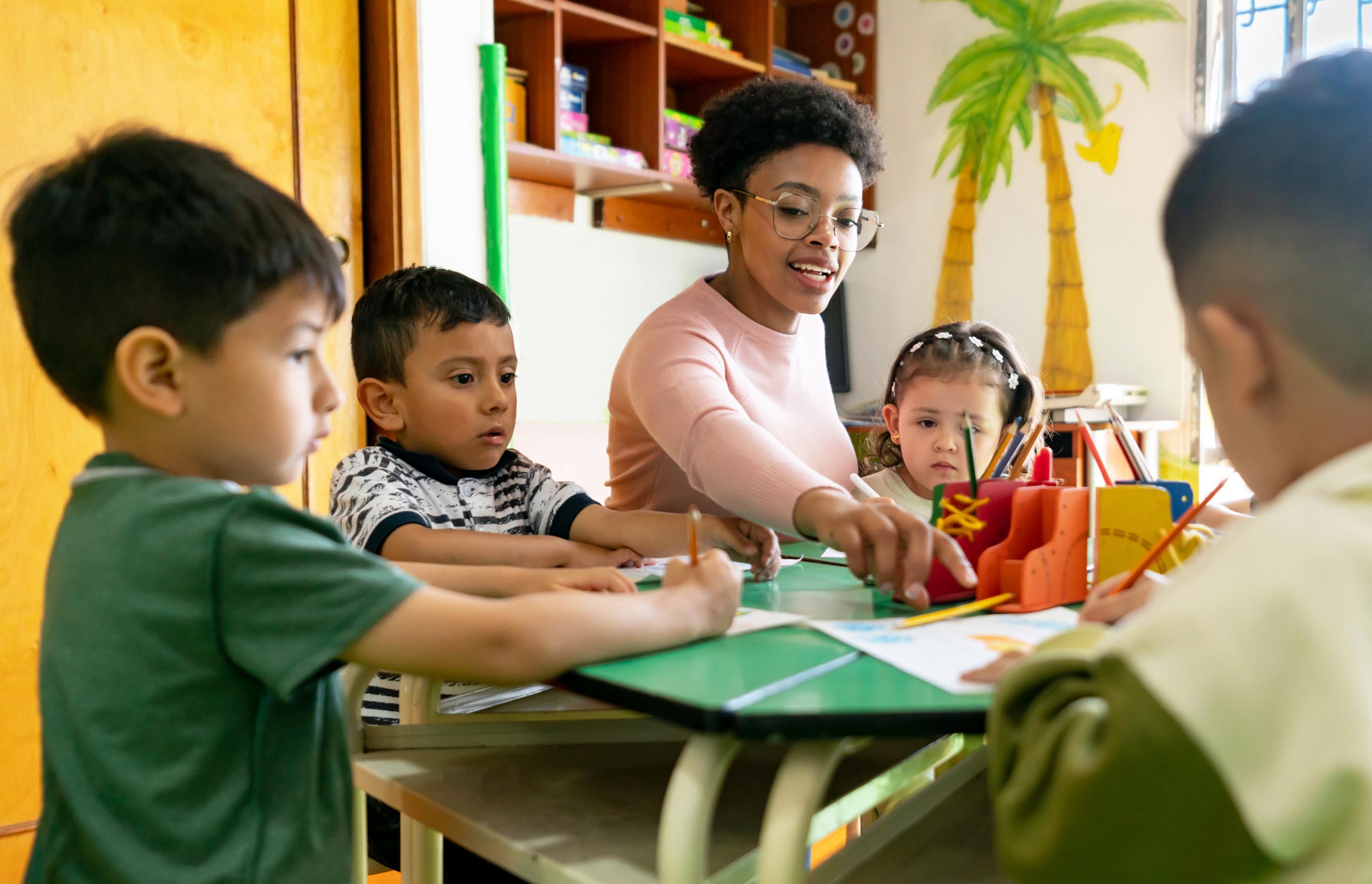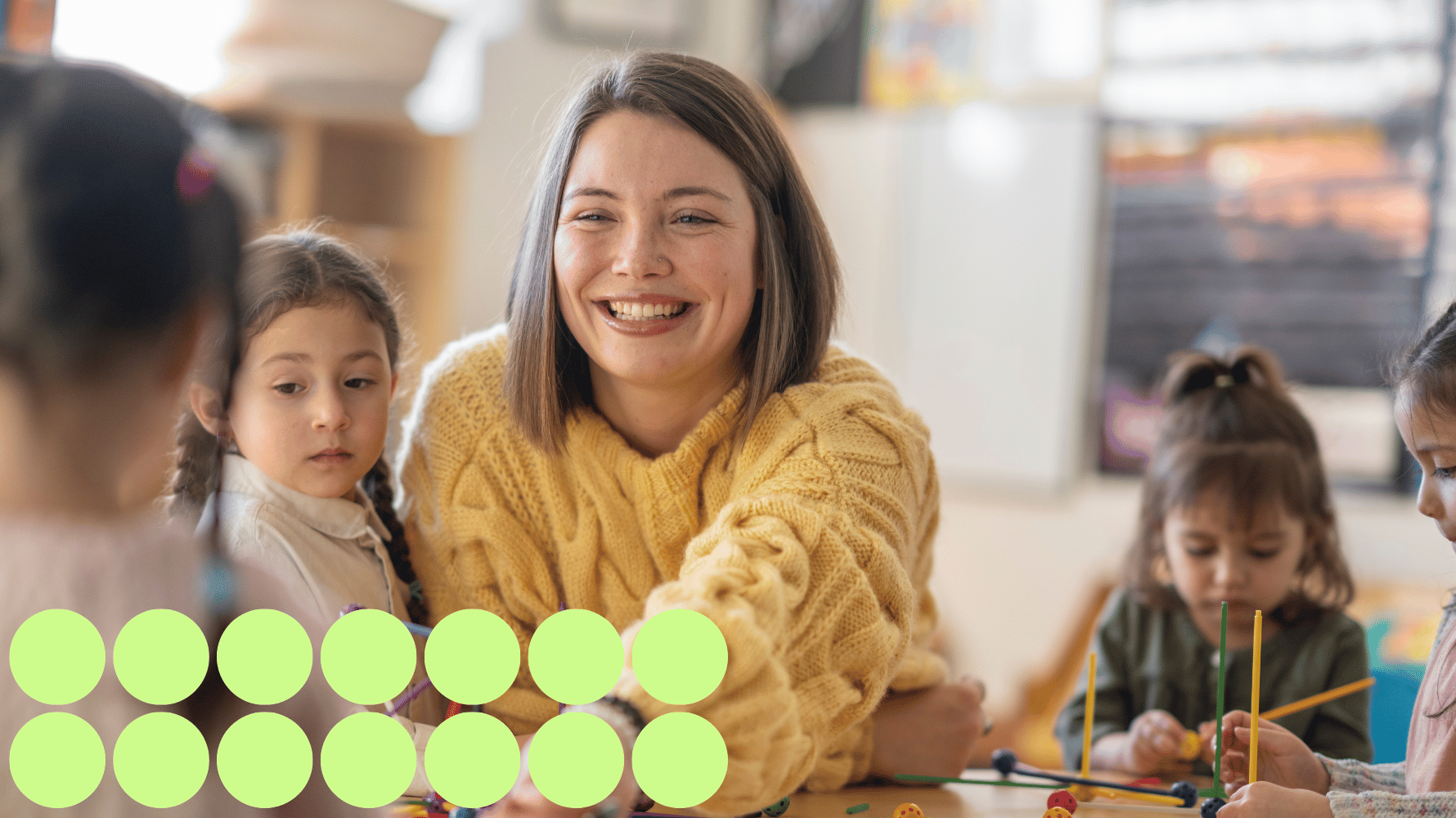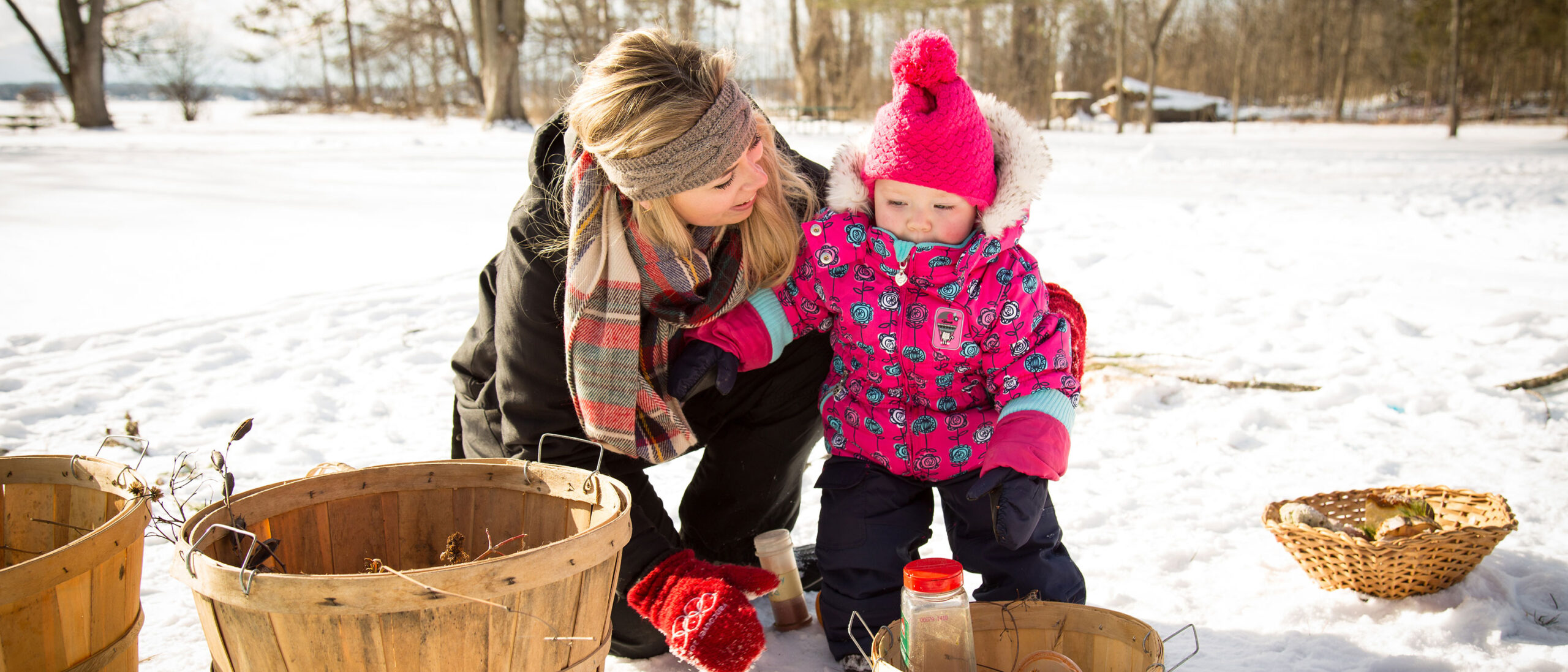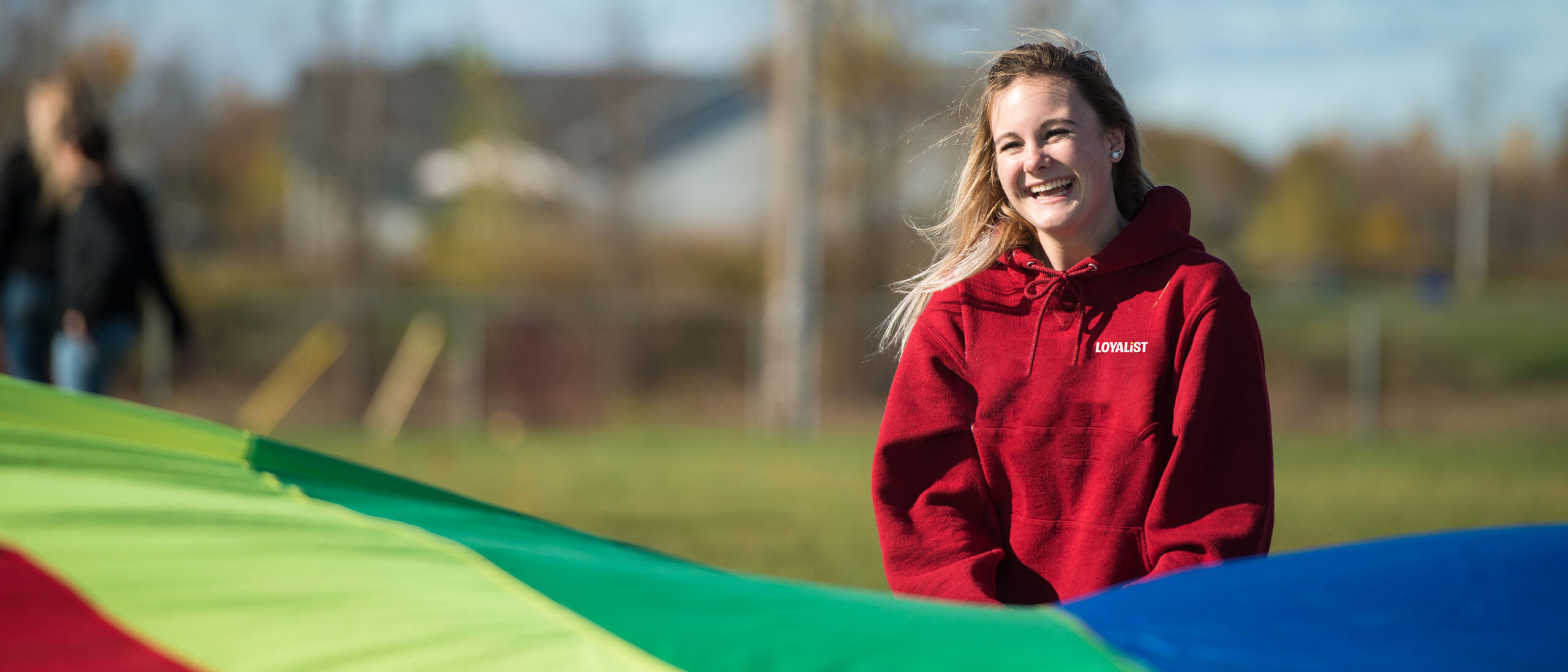Find your career
Graduates work as registered early childhood educators in various settings:
- Children’s museums, art galleries and science centres
- Private and public full-day kindergarten programs
- Before- and after-school programs
- Child care centres and early learning programs
- EarlyON child and family centres
- Nursery schools
- Licensed and private home child care
- Children’s services, including support with special needs, mental health services and early intervention programs
- Live-in and live-out nannies, both in Canada and abroad
- Resource centres
- Cruise ships and resorts





